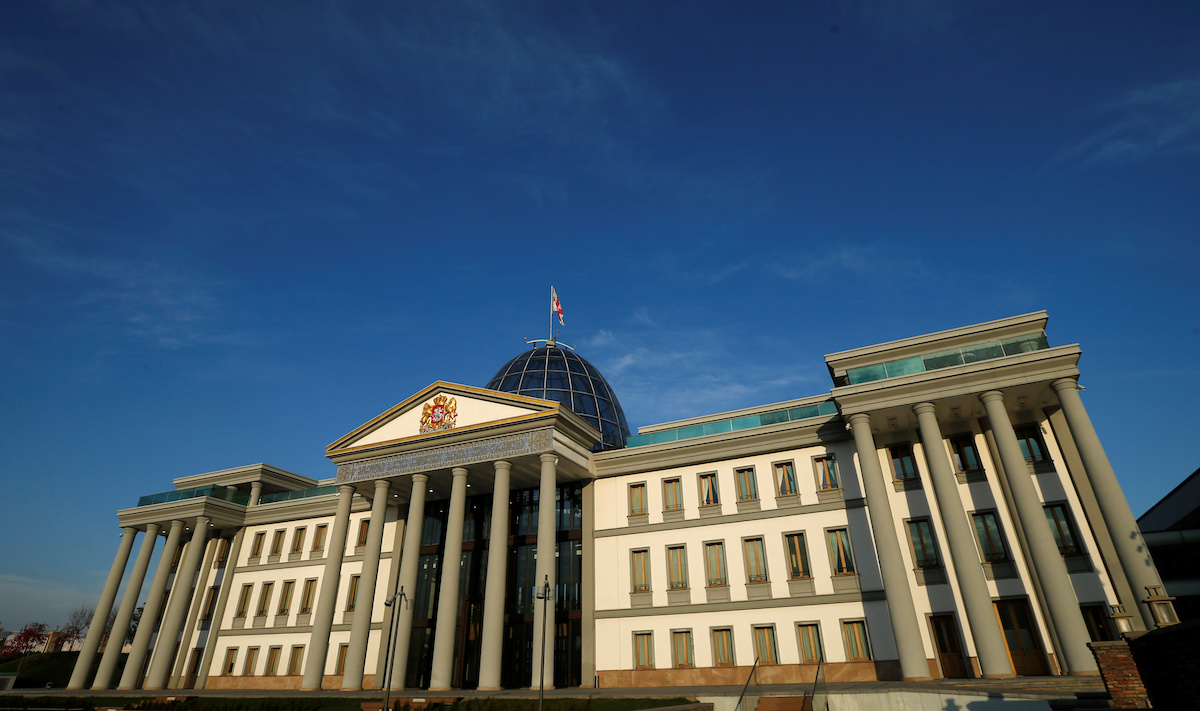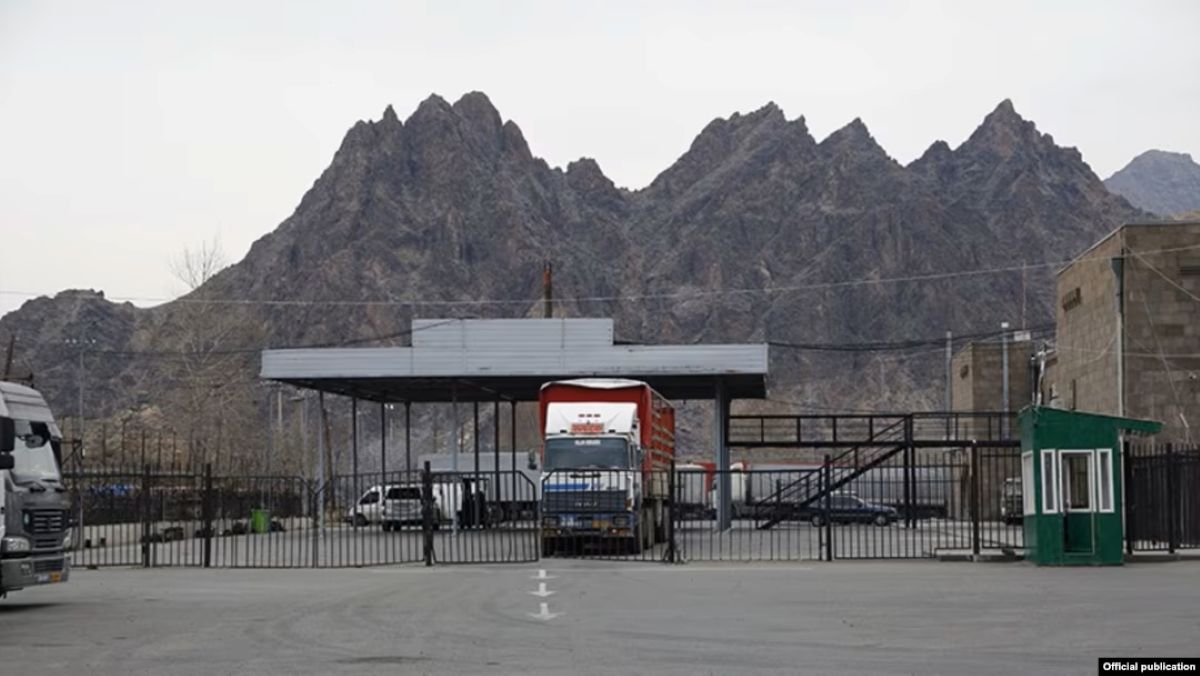Georgian PM to be responsible for national security

As of today, there is no longer a Security Council in Georgia.
President Giorgi Margvelashvili signed a bill into law on 21 November after it received approval from parliament.
This is one of the last documents that will be signed by Giorgi Margvelashvili as the president of the country. Georgia will elect a new president on 28 November.
The authorities say that a new body will be created in Georgia which will be responsible for questions pertaining to national security. However, the body will be led by the prime minister, not the president.
• Georgian presidential elections on 28 November: what you need to know
• Will Georgia’s grey eminence pay off the public’s debt?
• Georgia’s president to be evicted?
• Constitution of the Georgian Dream party
Until recently, the Security Council was presided over by the president. The prime minister was also a member of the Security Council with permanent member status. Other members included security officials, parliamentary committee heads, the head of the state security service, the presidential adviser on national security issues and the head of the General Staff of the Georgian armed forces.
Differing arguments
The authorities main argument is that Georgia is a parliamentary republic and such an important issue should be within the competence of a strong prime minister, not a president with representative functions.
The opposition and experts believe that in a country like Georgia, the Security Council and its functions should be treated with more responsibility.
Sergi Kapanadze, an MP of the oppositional European Georgia party, told Radio Free Europe/Radio Liberty (RFE/RL) that the idea of creating a new institution has a dim prospects. The parliament and the prime minister believe that this structure is not urgently needed and its functions can be reassigned to the government, which is absurd in and of itself.
Security expert Giorgi Gobronidze says that although the president is a weak figure under the new constitution, it is illogical to completely remove him or her from the country’s security issues:
“We should not forget that the president is an elected position with a high level of legitimacy, which gives him the functions of an arbitrator to make decisions during domestic, political or foreign crises,” Gobronidze told RFE/RL.
President Margvelashvili himself believes that the authorities have not yet taken Russia into account as a security threat, otherwise they would not have decided to abolish the Security Council:
“A country that is in such tense relations with Russia should not abolish its highest political body such as the National Security Council,” said Giorgi Margvelashvili during his speech in parliament in the spring of this year.
The fifth Georgian president will have less rights than his predecessors.
One of the main changes is that the president will have nothing to do with security and defence issues. A security meeting will be held under the president’s authority only in times of military action.
The future president will have the right to:
√ pardon prisoners;
√ grant Georgian citizenship;
√ to represent Georgia in the international arena, but coordinating all steps with the government;
√ formally sign the appointments of the prime minister, as well as members of the High Council of Justice;
√ to appoint elections to self-governing bodies, to parliament, and for early elections within time limits specified by law;
√ award and present awards;
√ the figure of the president will be inviolable, not subject to arrest or prosecution;
√ the process to impeach the president can begin if one third of MPs voice support for the process.
Why was there a fight over the Security Council?
The ‘fuss’ around the Security Council has lasted for several years, and it is connected directly to President Margelashvili.
The existence of the Security Council as such was called into question after Bidzina Ivanishvili called Giorgi Margvelashvili his biggest disappointment in 2014, after which he entered into open confrontation [ed. In 2013, Giorgi Margvelovshili was in the ruling Georgian Dream party and was a personal favorite of Bidzina Ivanishvili. However, soon after Margvelashvili’s victory, a conflict broke out between them in the presidential elections].
The government fully adopted Ivanishvili’s openly negative attitude towards the president, which affected the work of the Security Council.
Security Council members missed meetings and ignored its overall function.
The prime minister of that period, Irakli Garibashvili, created a similar body, which at the same time subjugated itself to the Security Council.



















